Ensuring fair play in the sports courts – why we need disclosure guidelines in sports disciplinary proceedings
Published Tuesday, 25 June 2024.
The Shijiazhuang 23 (Part 2) – Why didn't WADA challenge CHINADA’s decision? And should they have done?
Published Friday, 31 May 2024.
USA Fencing Decision Is Lenient on Match Fixing and Undermines the Integrity of Sport
30 April 2024: USA Fencing athletes are aggrieved by the recent decision by USA Fencing to enact a weak and futile suspension on two American fencing referees.
Yesterday’s decision by USA Fencing to sanction Mr. Jacobo Morales and Mr. Brandon Romo for only nine months after being found guilty of violating the USA Fencing Referee Code of Ethics, the FIE Technical Rules and the FIE Ethical Code undermines the ethics of the sport and every athlete who strives for success on the grounds of fair play.
Fencers, like all athletes, are required and expected to uphold the highest standards of integrity when competing. When athletes fail to do so, swift sanctions and consequences are enacted. This decision, however, highlights the discrepancy in accountability standards between athletes and officials, with the latter often receiving minimal repercussions for breaking the rules of sport, as evidenced in this case. This decision provides zero deterrence for match manipulation and leaves athletes, who dedicate their lives to the sport, vulnerable to unfair refereeing and match-fixing.
These officials, who are not competing for medals, are expected to uphold the rules of the sport with integrity. Yet, they have undermined the very fiber of sport – a level playing field – and are facing inconsequential repercussions. If USA Fencing is committed to protecting the rules and integrity of their sport, these officials must receive multi-year suspensions.
Furthermore, based on this decision and with a pending second investigation yet to be complete, USA fencing has set a precedent that leniency is afforded to officials who break the rules. How can athletes have confidence that the sport will abide by its own rules that were established to protect athletes and fair play when decisions, as per this case, indirectly endorse match manipulation?
Importantly, the investigation and USA Fencing has failed to recognize this event was an Olympic qualifier. USA Fencing has yet to redistribute competition points to ensure justice prevails. If USA Fencing cares about fair sport this must be immediately implemented.
As athletes head into the Paris Olympic Games, USA Fencing and the International Fencing Federation have a responsibility to clean up the sport and enact tough sanctions on match manipulation to not only avoid a cloud of suspicion overshadowing the performances in Paris but to ensure that all fencers in Paris have fairly earnt their position and will compete on a level piste.
On behalf of,
Select members of the USA Fencing Team
Global football integrity experts to gather at first FIFA Integrity Summit in Singapore
-
Two-day event to take place in Singapore on 4-5 April
-
Participants to discuss the latest integrity developments
-
Focus on collaborative approach to tackle match manipulation
FIFA has invited the integrity officers of all 211 FIFA member associations and the six confederations to the first FIFA Integrity Summit, which will be held in Singapore on 4 and 5 April 2024 in collaboration with the Asian Football Confederation and the Football Association of Singapore.
The summit aims to update integrity officers on global integrity trends, share best practices, present the new FIFA Integrity Handbook and Education Roadmap, and explore relevant decisions from FIFA and the Court of Arbitration for Sport (CAS) regarding match manipulation.
FIFA remains steadfast in the fight against match manipulation through the implementation of dedicated integrity programmes in close cooperation with its member associations. Keynote speakers from FIFA, CAS and other professionals involved in combating match manipulation will contribute to fostering knowledge exchange.
For the agenda, click here.
Circular no. 1877 - FIFA Integrity Summit 2024
TO THE MEMBER ASSOCIATIONS OF FIFA
Circular no. 1877
Zurich, 8 February 2024
FIFA Integrity Summit 2024
Dear Sir or Madam,
As per the FIFA Statutes, one of FIFA’s key objectives is to promote integrity and prevent practices, such as match manipulation, that might jeopardise the integrity of matches, competitions, players, officials and member associations, or give rise to abuse of association football.
FIFA remains steadfast in the fight against match manipulation through the implementation of integrity initiatives, including the establishment of dedicated integrity educational programmes. In this regard, and in line with our commitment to promoting and protecting the integrity of football worldwide, we are delighted to announce that the first FIFA Integrity Summit will be held in Singapore on 4 and 5 April 2024.
The FIFA Integrity Summit aims to bring together the integrity officers of all 211 FIFA member associations and of the six confederations, with the primary goal of collaboratively tackling the pressing issue of match manipulation and formulating effective measures to combat it. This summit will serve as a crucial platform for engaging in profound discussions on the best practices and strategic approaches to combating match manipulation. For more information on the FIFA Integrity Summit, please consult the brochure attached to this circular.
FIFA hereby invites all member associations and confederations to nominate one integrity officer (or one official responsible for integrity matters within their association) to participate in the upcoming FIFA Integrity Summit. In order to ensure that the entire community of integrity officers can participate in this event in person, FIFA will cover the travel and accommodation expenses of this person.
Integrity officers are invited to complete the registration process by filling out the registration form available under the following link.
Registration will be open until 25 February 2024.
If you have any questions, please do not hesitate to contact Yazid Zakaria, Integrity Manager, at
We look forward to your feedback and to working closely with you to protect the integrity of football.
Yours faithfully,
FÉDÉRATION INTERNATIONALE
DE FOOTBALL ASSOCIATION
Rugby League Player Sanctioned
Sport Integrity Australia acknowledges the decision of the Queensland Rugby League (QRL) to impose a two year and eight months ban on athlete William Boland, for the Presence of a metabolite of a Prohibited Substance, Use of a Prohibited Substance and Possession of a Prohibited Substance.
Mr Boland, who played for the Redcliffe Dolphins, returned an Adverse Analytical Finding (AAF) from an Out-of-Competition doping control test on 22 June 2022.
Mr Boland’s sample was analysed at the Australian Sports Drug Testing Laboratory, part of the National Measurement Institute, and the presence of a metabolite of a Prohibited Substance, namely Di-hydroxy LGD-4033 (metabolite of LGD-4033 (Ligandrol)), was detected.
The substance LGD-4033 (Ligandrol) is listed under Class S1.2 (Other Anabolic Agents) under the World Anti-Doping Code – International Standard – Prohibited List – 2022 (Prohibited List 2022). The substance LGD-4033 (Ligandrol) is a Non-Specified Substance and is prohibited at all times.
It was also determined that on and/or before 22 June 2022 Mr Boland Used a Prohibited Substance, namely LGD-4033 (Ligandrol), and from on and/or around 6 December 2021 to on and/or around 18 May 2022 Mr Boland Possessed a Prohibited Substance, namely LGD-4033 (Ligandrol).
Queensland Rugby League thereby imposed a two year and eight months ban on Mr Boland commencing on 18 May 2022.
Mr Boland is ineligible to participate in any sports that have adopted a World Anti-Doping Code compliant anti-doping policy until 18 January 2025. He is also not permitted to compete in a non-Signatory professional league or Event organised by a non-signatory International Event organisation or a non-Signatory national-level Event organisation.
What does the future of integrated approaches to sports integrity look like?
Published Friday, 12 January 2024.
Sports Law in 2024 – Key Issues to Watch in Africa, Asia & Oceania
Published Thursday, 04 January 2024.
SPORT INTEGRITY AUSTRALIA BACKS ESAFETY RESOURCES TO TACKLE ONLINE ABUSE IN SPORT
Sport Integrity Australia is among almost 30 major Australian sporting organisations that helped Australia’s online safety regulator to develop new resources to stem the tide of online abuse.
Launched today by the eSafety Commissioner, eSafety Sport is an online one-stop-shop for administrators, coaches, officials, parents and competitors to learn ways to prevent and manage online abuse in community sport.
“There is no place for abuse in sport and that includes online abuse,” Sport Integrity Australia’s Acting CEO Luke McCann said. “We all have a role in calling out poor behaviour but to do so we must understand the risks and educate ourselves in how we can secure a positive and inclusive future in Australian sport.”
eSafety Sport includes practical information on how to recognise online abuse, how to deal with online abuse, eight ways to stay safe online and promotional resources for clubs to download and show their support. It also includes tailored advice for different scenarios.
“Whether you’re a participant, volunteer, parent or fan, the eSafety Sport resources are invaluable. They include online safety tips and resources to help us all to #PlayItFairOnline.”
eSafety Commissioner Julie Inman Grant said she hopes eSafety Sport will change online conversations for the better.
“Our challenge is to help people understand that being abusive or offensive towards the opposition, the referee or the coach doesn't help the sport you love,” Ms Inman Grant said.
“On the receiving end of every piece of online vitriol is a person: someone’s child, mum, neighbour, friend, uncle or sister. Let's recognise that online abuse is taking an emotional and mental toll on the very people who make sport happen.”
eSafety Sport is a collaboration between eSafety, Sport Integrity Australia the signatories to the Online Safety Statement of Commitment, Play by the Rules, Athletics Australia, Office of Sport NSW and SportWest.
Visit eSafety.gov.au/Sport to access the community sport resources and online safety advice.
EDUCATION IS KEY – SO HOW ARE WE TRACKING?
Every year Sport Integrity Australia revises its Anti-Doping Education Plan in accordance with the World Anti-Doping Code International Standard of Education. The plan details our goals, objectives, resources, target audiences, interventions, and key activities for anti-doping education for each financial year. It helps us ensure Australian athletes and sports personnel are getting the best education possible in this space.
The 2022-2023 financial year saw us deliver education across five key target areas:
- National Sporting Organisations (NSOs)
- School and tertiary education
- Medical practitioners
- Digital and online, and
- International engagement and research.
Sport Integrity Australia Director of Education Alexis Cooper says tracking our education across all elements of sport integrity is important to ensuring we’re staying ahead of the game when it comes to keeping sport safe, fair and healthy for everyone.
“We’ve achieved some great reach this year through our education deliverables, but as with anything, there is always an opportunity for improvement,” she says when reviewing the results.
“More than 140 education sessions were delivered to over 5,400 people and while we’d have liked to have done a little bit more, this figure is still a 70% increase on 2021-22 and brings our program back in line with pre-COVID levels. Feedback from these sessions indicated that over 99% of attendees felt they had a better understanding of the anti-doping rules following their attendance, and our presenters received an average rating of 9.3 out of 10.”
Working with sports on their education is an essential part of ensuring maximum reach for best results.
“In regard to education plans within NSOs we now have 91 Anti-Doping Education Plans in place which is the greatest number of education plans endorsed by sport since they were first developed. We’d like 100% compliance in 2023-24 and will continue to work towards that result.”
Finding new and innovative ways to deliver education to ensure all learning styles are catered for is a particular focus each year.
“Our Decision Making in Sport Virtual Reality sessions continue to grow within schools and pathways sports, and our Managing Integrity in Sport course in conjunction with Victoria University reached another 60 sport administrators last financial year. The 2023 Annual Update online course has been completed by 19,282 people and our Health Effects app was updated to ensure greater athlete reach.”
Ms Cooper says growing our education through partnerships, collaborations, new technologies and additional resources will continue to be a focus for the coming 12 months.
“Safety in sport does not stop at the border, so both national and international approaches are key if we want to remain at the forefront of sport integrity,” she says. “Continuing our active involvement in the WADA Global Learning and Development Framework for Education, and our close working relationships with our international counterparts helps to enhance the education we offer both in Australia and globally.”
Further deliverables will be included in the Sport Integrity Australia education plan for 2023-24 to ensure continual improvement for maximum reach and best results.
To find out more about the education we offer, head to the Education page of our website.
While education is an essential part of our commitment to clean, far sport, we don’t limit our education to anti-doping. In addition to the improper use of medicines and the dangers of substances and supplements, our education extends to all areas of our remit including safeguarding, member protection, competition manipulation and match-fixing.
No Excuse For Sideline Abuse
Whether you’re involved in sport at the elite level or watching a team of enthusiastic five-year-olds bouncing, passing or kicking a ball in the grassroots environment, it’s possible you might have seen poor sideline behaviour in sport at some stage.
Although the vast majority of spectators cheer and support their kids and teams with joy and passion, there are growing instances where verbal and online abuse is directed at players, referees, coaches, support staff, other spectators and even volunteers.
It has an impact not only on the mental health of individuals but on the people around them and is being seen as a continuing threat to the integrity of sport in Australia and overseas.
In September 2022, we published a story in Sport Integrity Matters magazine about “The Ugly Side of Sport” after speaking to a referee, coach, club volunteer, player and journalist to get their perspectives on the toll sideline abuse is taking.
Reflecting on his own career Ben Williams, a retired A-League, Asian Football Confederation and FIFA World Cup referee, said: “Unfortunately many young referees don’t get to experience these phenomenal moments because they’ve left their career early due to abuse.”
“In my career I encountered death threats directed at my wife and my children, which meant they no longer felt safe in their own home. There is definitely no place for this in sport.”
A community sports club president, Neil Harlock, cited a scourge of abuse in his sport which not only impacted the mental health of players but flowed through to club volunteers, the referee base and spectators.
“To hear threats and slurs from the crowd firstly renders as disbelief among the team, clear shock and emotion can be seen, which then affects performances,” he said about the abuse directed at his National Premier League first grade men’s team.
“It then manifests as insecurity as this is essentially their workplace for the time they are on and around the field.
“At the grassroots and amateur level in a very large club essentially run by volunteers, we often feel limited in what we can do from a safety and security point of view. There’s the feeling that there’s a potential and very real danger.”
Discussions between sporting organisations, clubs and government suggest that some sports are becoming increasingly competitive from a younger age with high emotion attached from the spectator base, thus leading to undue pressure being placed on kids which flows through to coaches and officials.
Let Kids Be Kids is a national campaign created by Play by the Rules to help clubs at grassroots level bring policies to life and actively address poor sideline behaviour via posters, toolkits and campaign messaging.
Elaine Heaney, National Manager of Play By The Rules, would much rather kids turn up to practice and had fun playing with their friends than forced into a situation where they are being yelled at or berated for not winning a game or making a call whilst they are still learning the rules and developing their skills.
“Adult sideline spectators often mean well and are enthusiastic about their contributions, because they enjoy being part of the process,” said Elaine, “but sometimes it’s important to stop to think about the impact of their words on the child or young person – and how it feels for a small human to have a large adult raise their voice at them.
“If the child or young person (or even another adult) feels berated or upset by what has been said, is it worth it? It’s not about removing winning or healthy competition from sport but about focusing on the fact that happy, healthy athletes operating in a safe space, often produce much better results, and keep people playing the sports we love.”
From grassroots to elite sport, the problem often grows as the stakes get higher.
Jenna O’Hea, former Australian Opals captain, feels the popularity of betting has added another layer of abuse of athletes with people losing money often blaming the athletes for their financial loss.
“This is where I see it is getting worse and is taking the biggest toll on athletes,” she said.
“As athletes we know that fans are passionate about sport but crossing the line with personal attacks, racism, any type of attack is never OK and just because you’re behind a keyboard, that doesn’t make it any less abusive than a face-to-face attack.”
Each situation and experience with poor sideline behaviour and online abuse in sport is different, with some impacts short-term and others everlasting. Regardless of the magnitude and severity there’s no place for sideline abuse in sport at any level.
In summing up his experiences, community club president Neil Harlock said, “My seven-year-old daughter came to me recently and said ‘Dad, were there any fights at the footy today?’ I was mortified!”
“Our children deserve more than this. Our players, volunteers, young referees, coaches and the families who come to cheer on their teams, all deserve more than this.”
Public Statement on Assessment of Out-of-Time Appeal by Allan “Rejin” Petersen
Introduction
The Esports Integrity Commission (ESIC) remains resolute in its mission to maintain fairness, integrity, and transparency within the esports industry. In alignment with our commitment, we have meticulously reviewed an out-of-time appeal submitted by Allan “Rejin” Petersen in May 2023, concerning a sanction originally imposed in 2020. The substance of the appeal was related to the post-facto Valve RMR sanction imposed by Valve independently and in response to ESIC’s original sanction. Importantly, the result of ESIC’s review does not modify the ESIC-imposed sanction but significantly affects the post-facto Valve RMR sanction.
Overview of the Appeal
Mr. Petersen was initially assigned 8 demerit points as a result of ESIC’s investigation into his involvement and incorrect response to the CSGO coach bug. This decision was reached after a comprehensive investigation, and the demerit points assigned to Mr. Petersen were subsequently and independently recognized by Valve and translated into a secondary Valve RMR sanction banning Mr. Petersen from Valve Majors for life.
While the original sanction by ESIC remains unaltered our adherence to the principles of natural justice and equitable treatment prompted the acceptance of the appeal, even though it was submitted almost three years after the initial sanction was imposed. The ESIC Independent Appeal Panel and the ESIC Commissioner have conducted an exhaustive review of the case, considering new evidence presented by Mr. Petersen.
Mr. Petersen has successfully substantiated that the extent of the bug exploitation was not as initially calculated. Acknowledging this new evidence and in pursuit of equity and fairness, the demerit points assigned to Mr. Petersen have been recalculated and reduced from 8 to 5.
Implications of Appeal Result
It is important to note that this recalibration does not modify the ESIC-imposed sanction (meaning ESIC in this statement is not modifying its initial sanction) but significantly affects the post-facto Valve RMR sanction. The revised demerit points alleviate the lifetime ban from Valve Majors, imposing a restriction from 5 Majors instead. Following this period, Mr. Petersen will regain eligibility to coach in subsequent Majors.
Importantly, ESIC has communicated the result of the appeal to Valve and has received notice that the result of the appeal has been accepted by Valve.
Acknowledgements
ESIC extends its appreciation to Valve for facilitating open and collaborative communications on this matter and for reviewing and accepting the appeal.
ESIC also acknowledges Mr. Petersen for his cooperation and transparency throughout the investigation process. His prompt admission and invaluable contribution, notably being one of the first coaches to disclose the existence of the bug, were instrumental in facilitating our inquiry.
ESIC is unwavering in its commitment to safeguarding the core values of the esports industry and will continue to implement rigorous measures to ensure fairness and integrity. Our resolve to uphold the highest standards of integrity within the esports industry remains steadfast.
The FIFA Disciplinary Committee opens disciplinary proceedings against Luis Rubiales, President of the Spanish FA
The FIFA Disciplinary Committee informed Luis Rubiales, President of the Spanish Football Association, today that it is opening disciplinary proceedings against him based on the events that occurred during the final of the FIFA Women’s World Cup™ on 20 August 2023.
The events may constitute violations of article 13 paragraphs 1 and 2 of the FIFA Disciplinary Code.
The FIFA Disciplinary Committee will only provide further information on these disciplinary proceedings once it has issued a final decision on the matter.
FIFA reiterates its unwavering commitment to respecting the integrity of all individuals and strongly condemns any behaviour to the contrary.
Integrity Task Force concludes monitoring of FIFA Women’s World Cup 2023™
-
No suspicious betting or match‑manipulation threats identified during the 64 matches
-
Second successive edition of FIFA Women’s World Cup™ to have been monitored
-
Task force composed of members from expert organisations
The FIFA Women’s World Cup Integrity Task Force, which was established to safeguard the competition from match‑manipulation and integrity-related threats, has recently concluded its successful work in monitoring the betting markets and in‑game action in real time during all 64 matches at the FIFA Women’s World Cup Australia and New Zealand 2023™.
At its post-competition meeting held today, the task force concluded that no suspicious betting activities or match‑manipulation threats had been identified around any game that took place during the tournament. This was the second edition of the FIFA Women’s World Cup™ to be monitored by the task force, which was launched ahead of the 2019 finals.
The FIFA Women’s World Cup 2023 Integrity Task Force comprised representatives from the Federal Bureau of Investigation, the United Nations Office on Drugs and Crime, INTERPOL, the Council of Europe’s Group of Copenhagen, United Lotteries for Integrity in Sports, the International Betting Integrity Association, Sportradar, Sport Integrity Australia and the New Zealand Police.
During the competition, FIFA centralised the collection of information from betting monitoring reports based on market activity data from various jurisdictions, including law enforcement entities and physical surveillance at competition venues.
The monitoring of both the betting markets and in-game action in real time during all of the group- and knockout-stage matches through to the final, which was played on 20 August, found no match‑manipulation threats.
The collaborative effort between FIFA and key international stakeholders in the field of sports integrity ensured an experienced, coordinated and timely response – based on information and data – to any alert during the competition, with each participating stakeholder contributing their specific expertise (investigative and/or technical) throughout the tournament.
In parallel, FIFA continues to work with confederations, member associations and other integrity stakeholders in the fight against match manipulation. In line with its core objective to promote the integrity of football, FIFA takes the battle against match manipulation very seriously and any suspicious activities can be reported via its confidential, dedicated, highly secure and web-based whistle-blowing system.
Further details of FIFA’s integrity initiatives are available here.
Safe Sport Day: UCI Safeguarding Policy and Toolkit for a safer cycling environment
KTO becomes the latest Brazil focused sports betting operator to join IBIA
Quality Out-Of-Competition Testing Is Crucial
AAG Gives Voice To Sport Integrity Matters
How Nepal Is Developing Its Laws Against Match Fixing
Published Thursday, 25 May 2023.
Self-Exclusion in Sports Betting | A Lifeline for Responsible Gaming
2023 Swiss Law Update For International Sports Federations – Anti-Money Laundering Requirements & General Meetings
Published Friday, 28 April 2023.
NFL suspends five players, including four Lions, for violating gambling policy
The #EUSportIntegrityDay campaign offers an opportunity to speak out against match fixing and demonstrate dedication to protecting the integrity of sport.
Sport Integrity Australia Finalises Matters Relating to Football Australia's Independent Complaint Handling Process
More than just a number: how India is trying to tackle age fraud in sports
Published Friday, 12 July 2024.
The Shijiazhuang 23 (Part 3) – What comes next? And what are the lessons for future anti-doping investigations?
Published Friday, 31 May 2024.
The Shijiazhuang 23 (Part 1) – The Investigation: New York Times, ARD & USADA vs CHINADA & WADA
Published Friday, 31 May 2024.
Sports Integrity: Betting And Financial Corruption – Annual Review 2023/24
Published Friday, 19 April 2024.
Will England & Wales’ new independent Cricket Regulator help improve the integrity of the game?
Published Friday, 09 February 2024.
The Esports Integrity Commission’s unprecedented sanction – a lifetime ban for Alexey Shyshko
Published Thursday, 25 January 2024.
Rugby Player Receives Sanction
Sport Integrity Australia acknowledges the decision of the Court of Arbitration for Sport (CAS) to uphold the decision rendered by the World Rugby Independent Judicial Committee and impose a four-year ban on athlete Kristian Jensen for the Presence of a Prohibited Substance and Use of a Prohibited Substance.
Mr Jensen returned an Adverse Analytical Finding (AAF) from an Out-of-Competition doping control test on 28 November 2021 in Dubai (UAE). At the time, Mr Jensen was in Dubai to compete in the HSBC World Rugby Sevens Series with the Australian Men’s Rugby Sevens team.
Mr Jensen’s sample was analysed at the Laboratoire Suisse d’Analyse du Dopage in Lausanne, Switzerland, and the presence of trifluoro-1-hydroxyethyl-methoxypyrrolidinyl-2-trifluoromethyl-bezonitrile (metabolite of LGD-4033 (Ligandrol)) was detected.
The substance LGD-4033 (Ligandrol) is listed under Class S1.2 (Other Anabolic Agents) under the World Anti-Doping Code – International Standard – Prohibited List – 2021 (Prohibited List 2021). The substance LGD-4033 (Ligandrol) is a Non-Specified Substance and is prohibited at all times.
Mr Jensen’s four-year ban commenced on 22 December 2021.
Mr Jensen is ineligible to participate in any sports that have adopted a World Anti-Doping Code compliant anti-doping policy until 22 December 2025. He is also not permitted to compete in a non-Signatory professional league, or Event organised by a non-Signatory International Event organisation or a non-Signatory national-level Event organisation.
Sports Law In 2024 – Key Issues To Watch In UK & Ireland
Published Thursday, 04 January 2024.
The Swiss Federal Tribunal’s key sports law judgments of 2023
Published Friday, 15 December 2023.
AIU CO-HOSTS COLLABORATIVE SESSION TO STRENGTHEN ANTI-DOPING INTELLIGENCE AND INVESTIGATIONS
The Athletics Integrity Unit (AIU) was pleased to collaborate with the World Anti-Doping Agency (WADA) to host an Anti-Doping Intelligence and Investigations Network (ADIIN) Expert Group session in Monaco last week.
The seventh annual session, which ran from 25-26 October, welcomed around 25 participants from WADA Intelligence & Investigations (I&I), National Anti-Doping Organizations (NADOs), International Federations and the International Testing Agency to discuss ongoing investigations and share their respective experiences.
WADA Director, Intelligence and Investigations, Gunter Younger, said: “This week’s session in Monaco was an excellent opportunity for intelligence and investigations practitioners to get together and share experiences and reflect on how to further strengthen the anti-doping process from an intelligence and investigations perspective. We are very grateful to our colleagues from the Athletics Integrity Unit for hosting the event and for their strong commitment to this important area. Through collaboration like this we are improving the overall system for athletes and clean sport around the world.”
Head of the Athletics Integrity Unit, Brett Clothier, said: “The AIU has been a central member of the ADIIN group since our inception, so it was a pleasure to welcome its members to Monaco for the annual in-person meeting. Investigations and intelligence are at the heart of good anti-doping work and ADIIN is therefore an expert group with an important role. The last two days have furthered the consideration of I&I’s role in the future of anti-doping.”
In particular during this interactive session, the members examined two key provisions of the World Anti-Doping Code (Code), namely Article 10.7.1 (Substantial Assistance) and Article 10.8.1 (Early Admission and Acceptance of Sanction) and discussed how they could better reflect the operational needs and constraints of I&I practitioners. To complement these discussions on I&I challenges and opportunities, the group also heard from General Counsel, United States AntiDoping Agency, Jeff Cook, who offered insight into how the Code and the International Standard for Results Management intersected with criminal prosecutions.
The outcomes of the meeting will be reviewed by the ADIIN steering committee and shared with the relevant drafting teams for the 2027 Code and International Standards Update Process, which got underway last month.
About the Anti-Doping Intelligence and Investigations Network
In 2017, to further harmonize and strengthen the investigation of doping in sport worldwide, WADA I&I started building ADIIN to serve as a global resource to assist Anti-Doping Organizations in conducting investigations, and to identify and promote best-practice investigative standards.
50 suspicious betting alerts reported by IBIA in Q3 2023
The International Betting Integrity Association (IBIA) reported 50 suspicious betting alerts to the relevant authorities in third quarter (Q3) of 2023. The Q3 2023 total is the same as reported in Q2 and brings the Q1-3 2023 period to 148 alerts. Football and tennis accounted for 56% of all Q3 alerts. The 50 suspicious betting alerts were identified across IBIA members’ global businesses, which number over 125 sports betting brands and over US$137 billion in betting turnover per annum, making IBIA the largest integrity monitor of its type in the world.
The 50 incidents of suspicious betting in Q3 concerned eight sports, across 21 countries and five continents. Other key data for Q3 2023 includes:
- The 50 alerts reported in Q3 2023 are a decrease of 41% when compared to the Q3 total for 2022, which saw 85 alerts.
- Tennis had the highest number of alerts with 15 in Q3 2023, representing a 7% increase on the 14 alerts reported in Q2 and a 55% decrease on the 33 reported in Q3 2022.
- Football (soccer) accounted for 13 alerts, a 32% decrease on the 19 cases reported in Q2
- Europe, with 30 alerts, made up 60% of the total reported, followed by South America with 7 alerts (14%).
Khalid Ali, IBIA CEO, said: “The quarter saw a continued reduction in alerts with a more than 30% decrease in the first three quarters relative to 2022, with tennis a major contributory factor. During the quarter, IBIA and the International Tennis Integrity Agency (ITIA) co-hosted a best practice integrity seminar in New York with many of the premier sports and betting operators in the US. That cross-sector cooperative approach underlines the strength of our relationship with tennis, as acknowledged by the ITIA, and our shared commitment to working in partnership to combat corruption in that sport.”
The Q3 integrity report includes a breakdown of alerts reported on sporting events taking place in North America between 2018-2022. It also contains an analysis of tennis alerts, which average 13 tennis cases per quarter in 2023 compared to an average of 26 per quarter in 2022 and 20 per quarter in 2021. The latest US sports betting gross win calculations, provided by leading global gambling market intelligence company H2 Gambling Capital, show that the licensed on onshore market is expected to reach US$11.7bn in gross win in 2023, rising to US$18.9bn by 2026.
Of the 50 alerts reported in Q3 2023, three related to women only events, 43 for men only events with three mixed gender and one an animal sporting event (greyhound racing). IBIA has recently released a ground-breaking study that analyses the size and characteristics of the women's sports betting market and examines the potential vulnerability of women's sports to match-fixing.
Public Statement on Disciplinary Action Against Participant Flynn “Deluxe” Smith
The Esports Integrity Commission (ESIC) is dedicated to maintaining the highest standards of integrity and fair play within the esports industry. In the interest of transparency and public confidence, we are issuing this statement to inform the public about a recent disciplinary action taken against a participant in an esports event.
Overview of the Case
During the a match played on 24th February, esports participant Flynn “Deluxe” Smith was alleged to have engaged in corrupt behavior, which contravened the ESIC Anti-Corruption Code. As part of our commitment to ensuring integrity in esports, ESIC initiated an investigation into the matter. Due to intervening factors, ESIC could not make a public statement on the matter until this point in time.
Investigation and Charges
Our comprehensive investigation into the matter involved examining match footage, reviewing betting patterns, and conducting interviews with relevant parties. While we must maintain confidentiality to protect the integrity of the investigation, we can share that the evidence collected pointed to Mr. Smith’s involvement in activities that contravened articles 2.1.1 and 2.1.2 of the ESIC Anti-Corruption Code. These activities include improper influence on match outcomes and involvement in corrupt betting practices. The gathered information was subsequently presented to Mr. Smith in a Notice of Charge.
Resolution and Sanction
After reviewing the charges and evidence, Flynn “Deluxe” Smith accepted the charges and agreed to a plea bargain arrangement. Consequently, he is subject to a two-year ban from participating in any capacity in events organized by ESIC Members. The ban is effective from 4th April 2023 until midnight 3rd April 2025.
ESIC’s Commitment to Integrity
ESIC remains steadfast in our commitment to maintaining the highest standards of integrity in esports. We will continue to conduct investigations and impose sanctions when necessary to protect the integrity of the industry. We also encourage the esports community to actively participate in promoting fair play and integrity in esports.
Conclusion
We appreciate the esports industry’s support in maintaining the integrity of the industry and fostering a fair, competitive environment for all participants. If you have any inquiries or concerns related to this statement, please feel free to contact us at
Pilot Sports Help Deliver A Robust Safeguarding Audit Framework
Our Safeguarding in Sport Continuous Improvement Program provides a nationally consistent approach to child safeguarding in sport.
The program was developed by Sport Integrity Australia with the help of some National Sport Organisations who were part of a pilot program over a six-month period.
Sport Integrity Australia Director of Safeguarding Lisa Purves said the purpose of the pilot program was to develop a robust audit framework to support the implementation of the program.
“Sport Integrity Australia recognises the significant work that has been completed by Gymnastics, Rugby and Equestrian since the pilot program concluded,” Ms Purves said. “All three sports have made significant strides in their safeguarding journey.
“Their practical insights and context provided valuable feedback which have shaped the final program design.”
She said key learnings and insights were gathered from the pilot sports.
Critically, the pilot sports identified key resources required for the sector, including the Child Safety Risk Management and Guide, Safeguarding Risk Identification Library and the Third-Party Contractor Guide.
Sport Integrity Australia is currently finalising these child safe risk management tools, which will be made available to all sports towards the end of 2023.
At the conclusion of the pilot program, three sports – Gymnastics Australia, Rugby Australia and Equestrian Australia – have continued to work with Sport Integrity Australia to develop their Recognise Phase Action Plans aimed at maturing their member protection and child safeguarding practices.
Sport Integrity Australia also congratulates the following sports who have since signed up to the program, demonstrating a commitment providing a safe sport environment for their members: AusCycling, Basketball Australia, DanceSport Australia, Disability Sports Australia, Disabled Winter Sports Australia, Netball Australia, Orienteering Australia, Pony Club Australia, Softball Australia, Squash Australia, Surf Life Saving Australia, Swimming Australia, Triathlon Australia and Volleyball Australia.
Basketballer Receives Sanction
Sport Integrity Australia acknowledges the decision of Basketball Australia to impose a one-month ban on Tahjere McCall for the Presence of a metabolite of a Prohibited Substance.
Mr McCall, an American professional basketball player who is contracted to the Cairns Taipans in the National Basketball League (NBL), returned an Adverse Analytical Finding (AAF) from an In-Competition doping control test on 3 February 2023 at the Perth v Cairns game at RAC Arena, Perth, Western Australia.
Mr McCall’s sample was analysed at the Australian Sports Drug Testing Laboratory, part of the National Measurement Institute, and the presence of 11-nor-delta-9-tetrahydrocannabinol-9-carboxylic acid (metabolite of Tetrahydrocannabinol (THC)) was detected.
The substance THC is listed under class S8 (Cannabinoids) and is classified as a Specified Substance under the World Anti-Doping Code – International Standard – Prohibited List – 2023 (2023 Prohibited List) and is prohibited In-Competition. THC is also classified as a ‘Substance of Abuse’ under the 2023 Prohibited List.
As of 1 January 2021, under Article 10.2.4.1 of the Australian National Anti-Doping Policy 2021 (ANADP), if an Athlete tests positive to a 'Substance of Abuse’ (such as Marijuana or Cocaine), then the Athlete’s period of Ineligibility may be reduced to three months if the Athlete is able to prove that the substance was ingested or Used Out-of-Competition and was unrelated to sport performance.
In addition, the Athlete’s period of Ineligibility calculated under Article 10.2.4.1 of the ANADP may be further reduced to one month if the Athlete satisfactorily completes a Substance of Abuse treatment program approved by Sport Integrity Australia.
In Mr McCall’s case, all requirements for a reduction in the period of Ineligibility under Article 10.2.4.1 of the ANADP were satisfied.
Basketball Australia thereby imposed a one-month period of Ineligibility on Mr McCall, commencing on 21 June 2023.
Mr McCall was ineligible to participate in any sports that have adopted a World Anti-Doping Code compliant anti-doping policy until 21 July 2023.
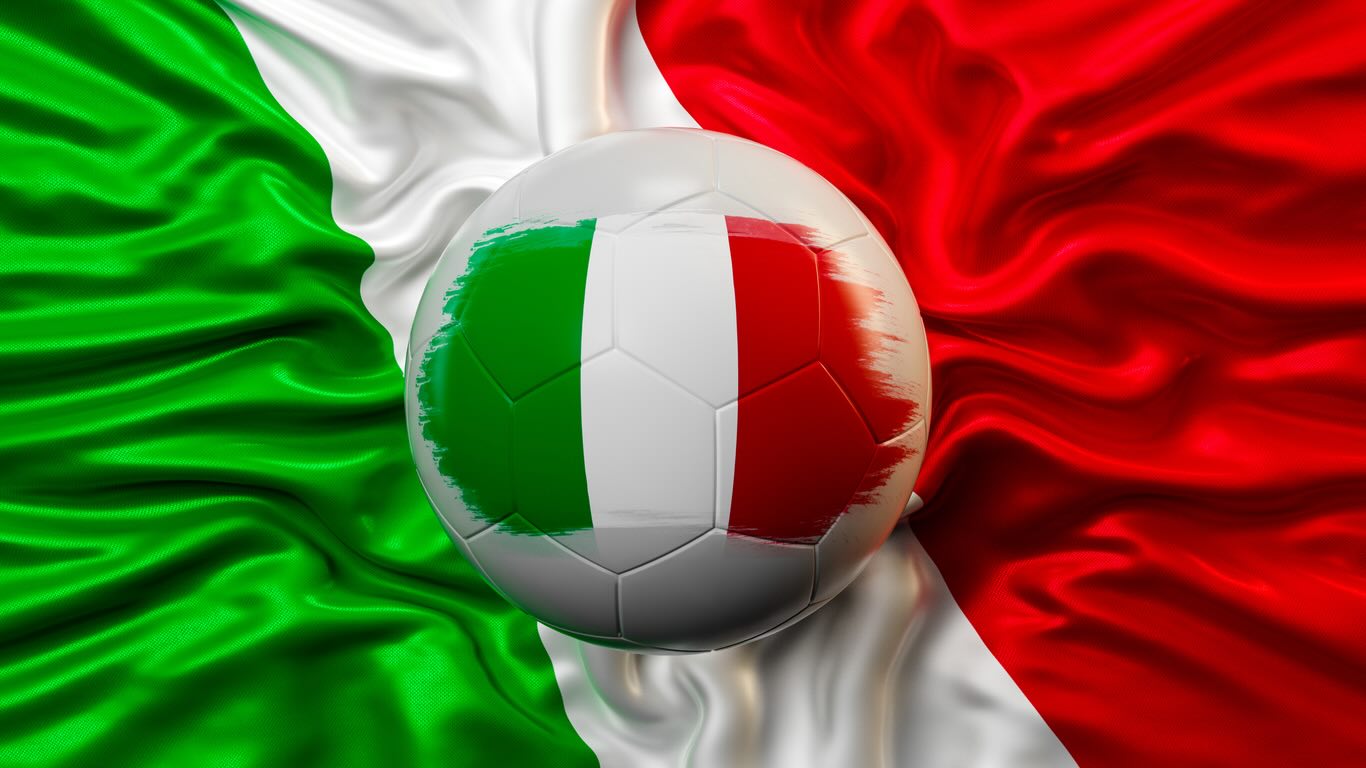

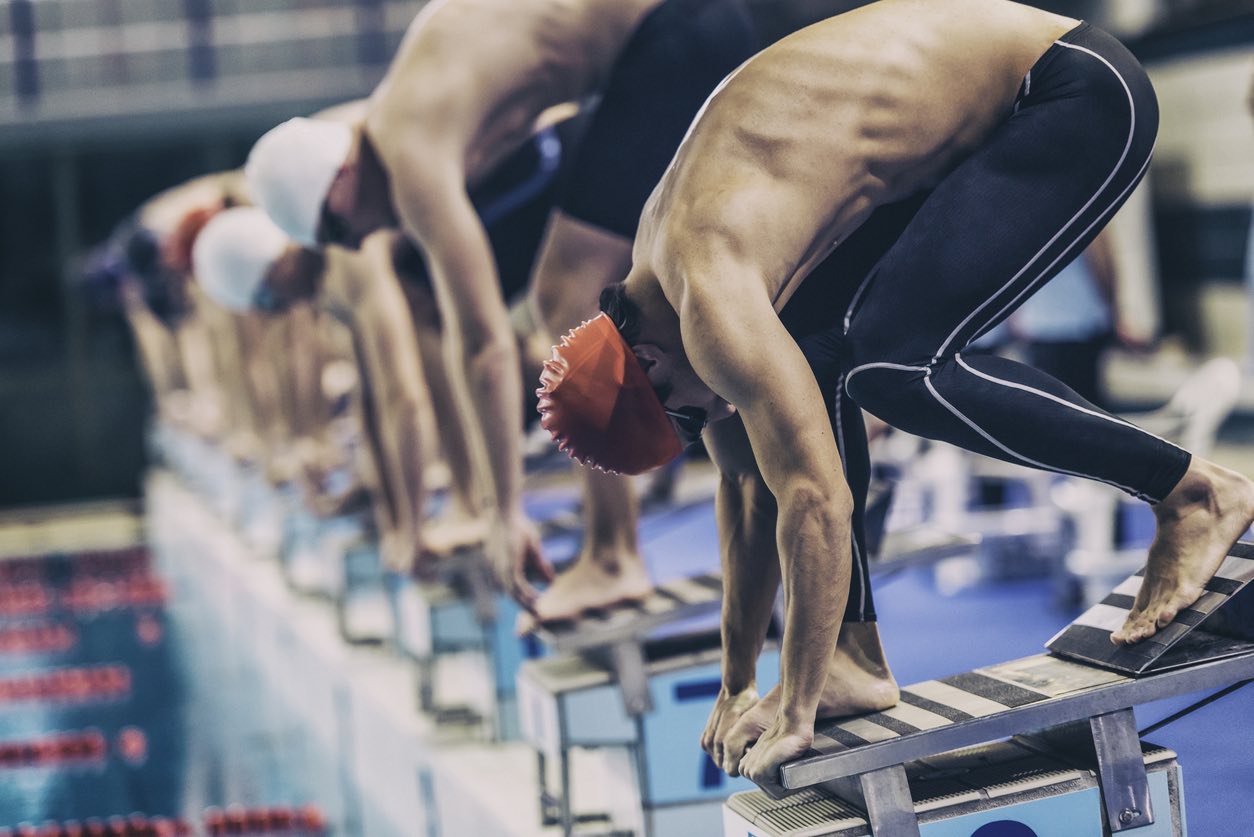
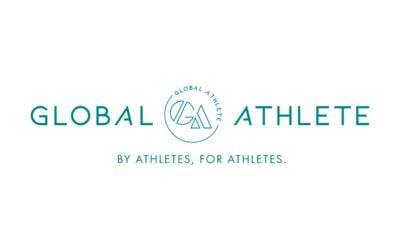


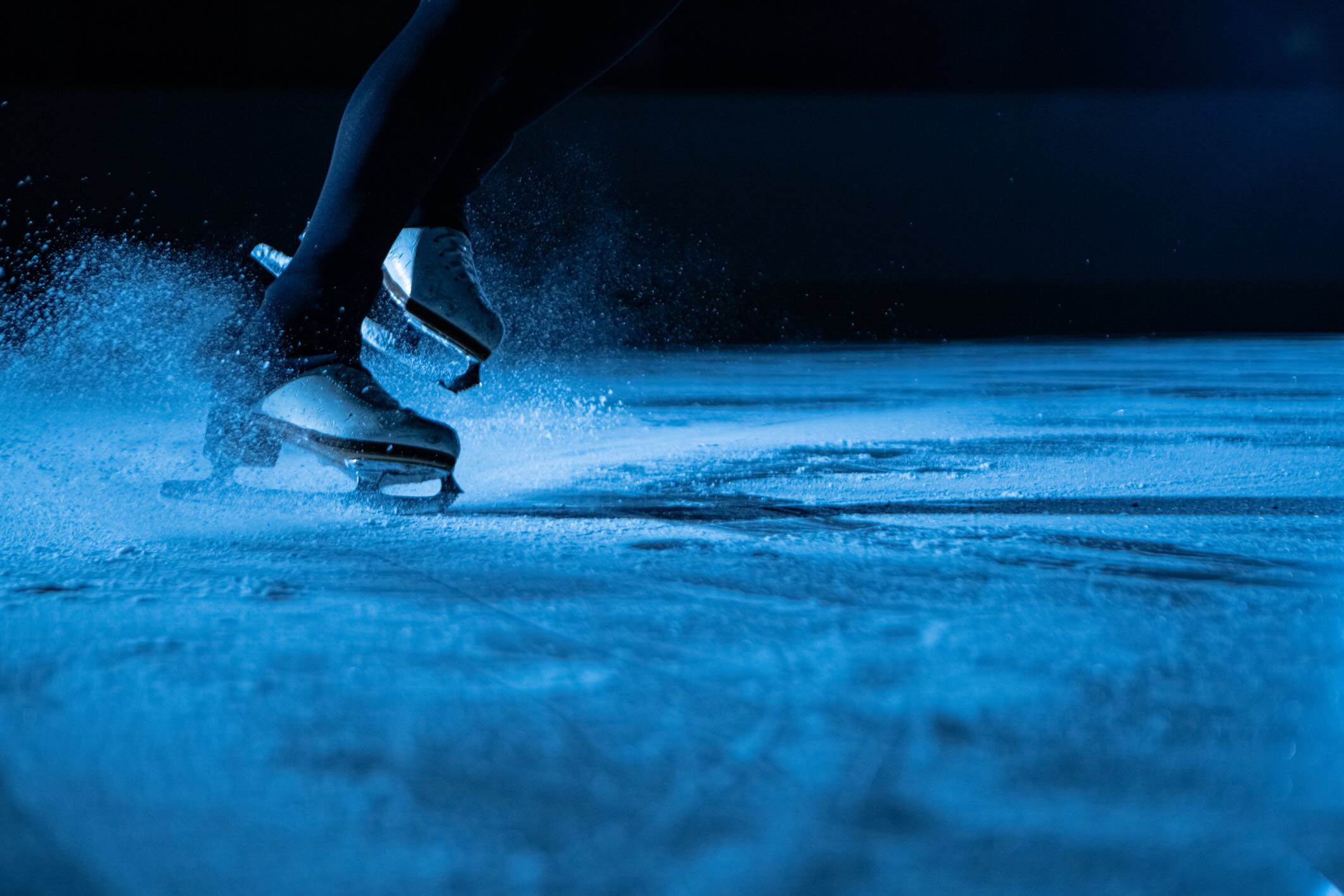
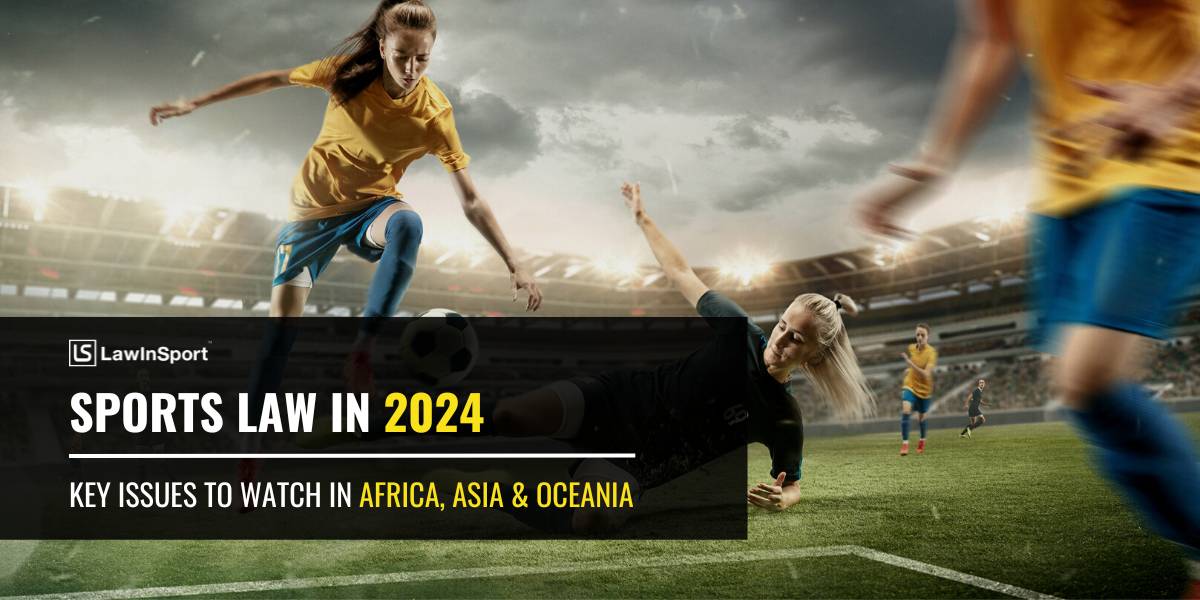
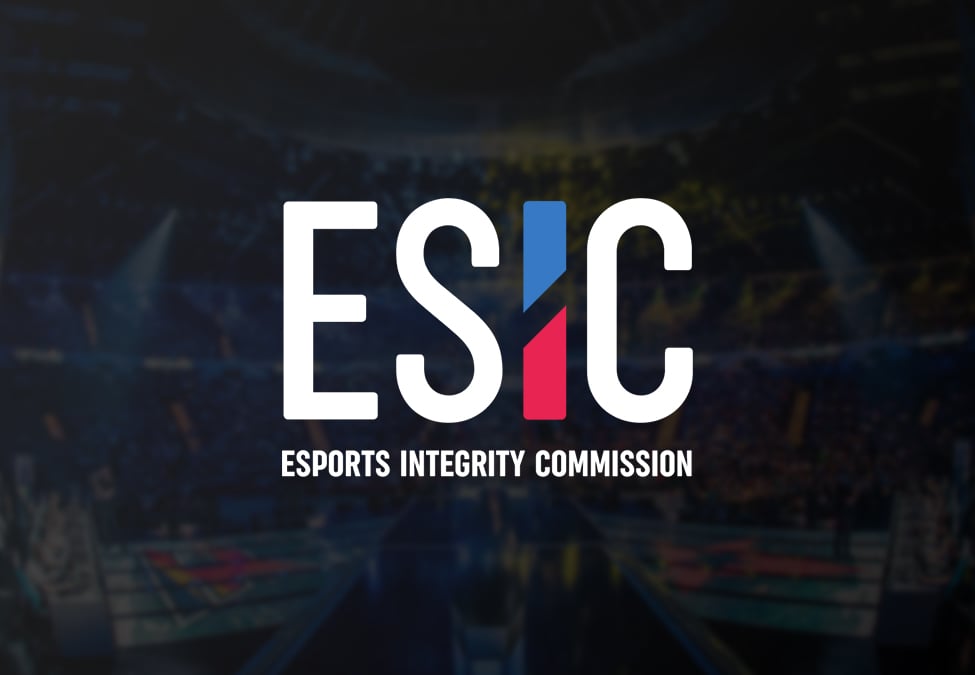
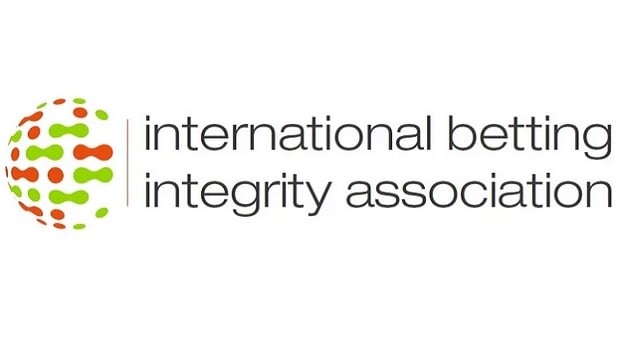
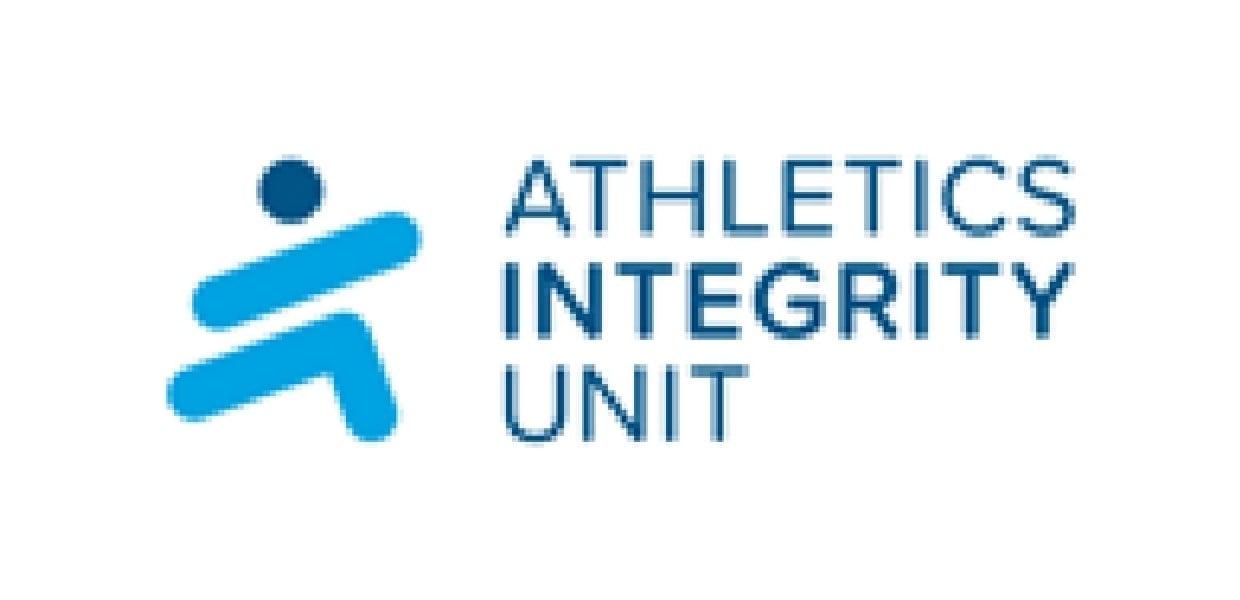

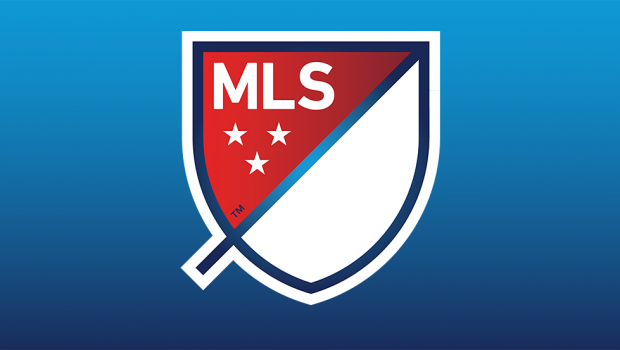

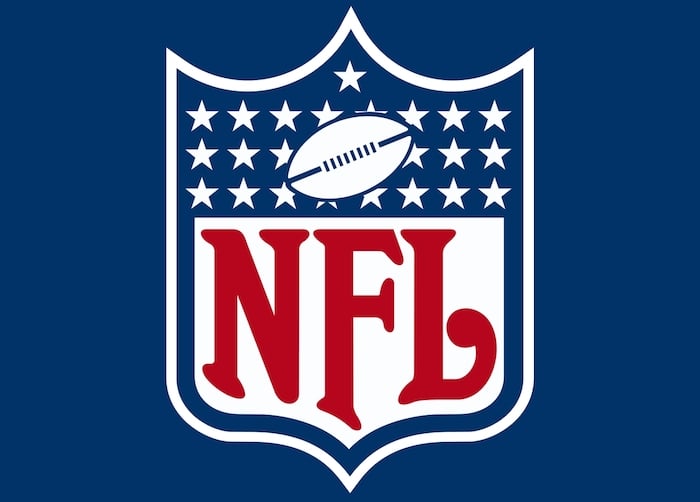

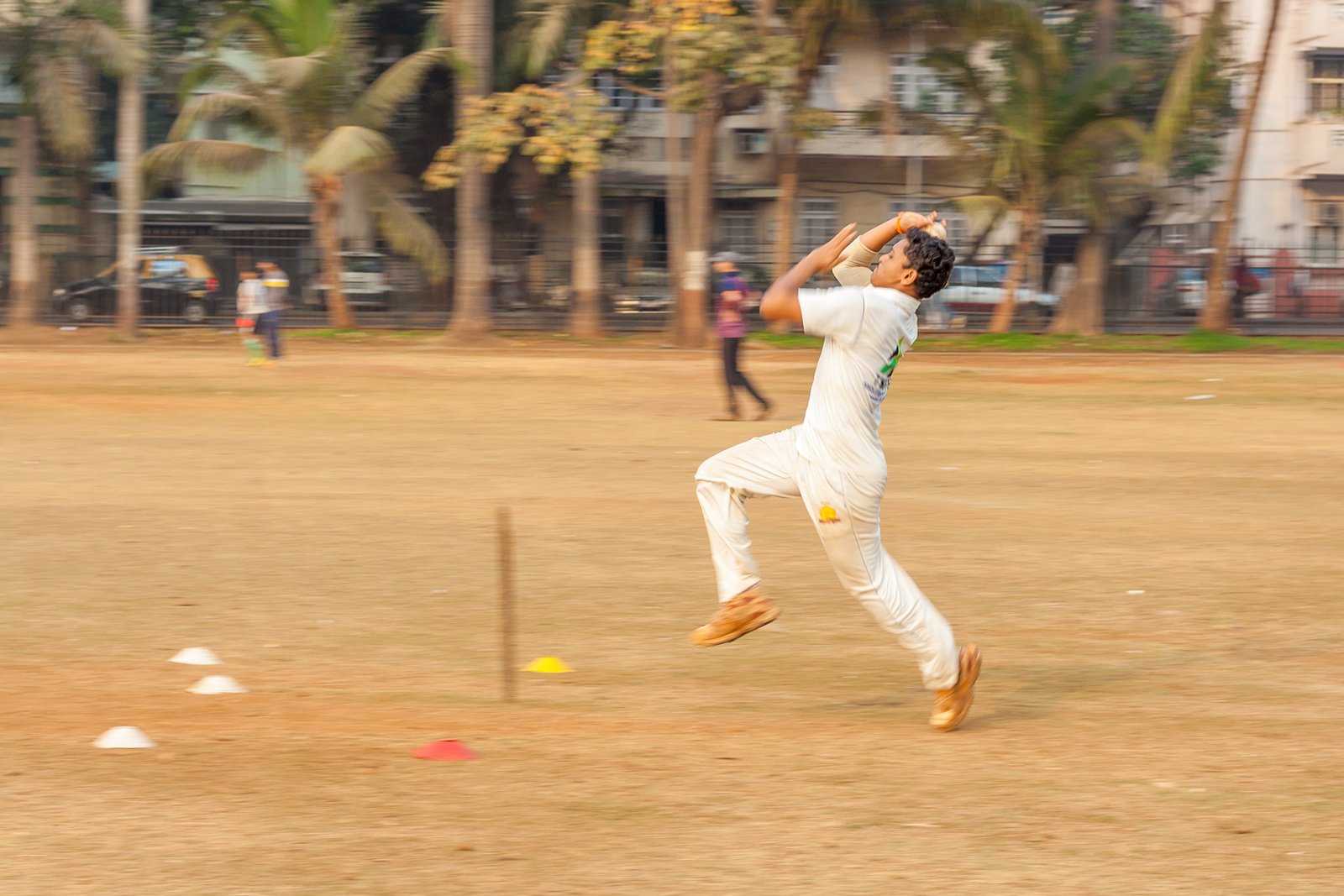
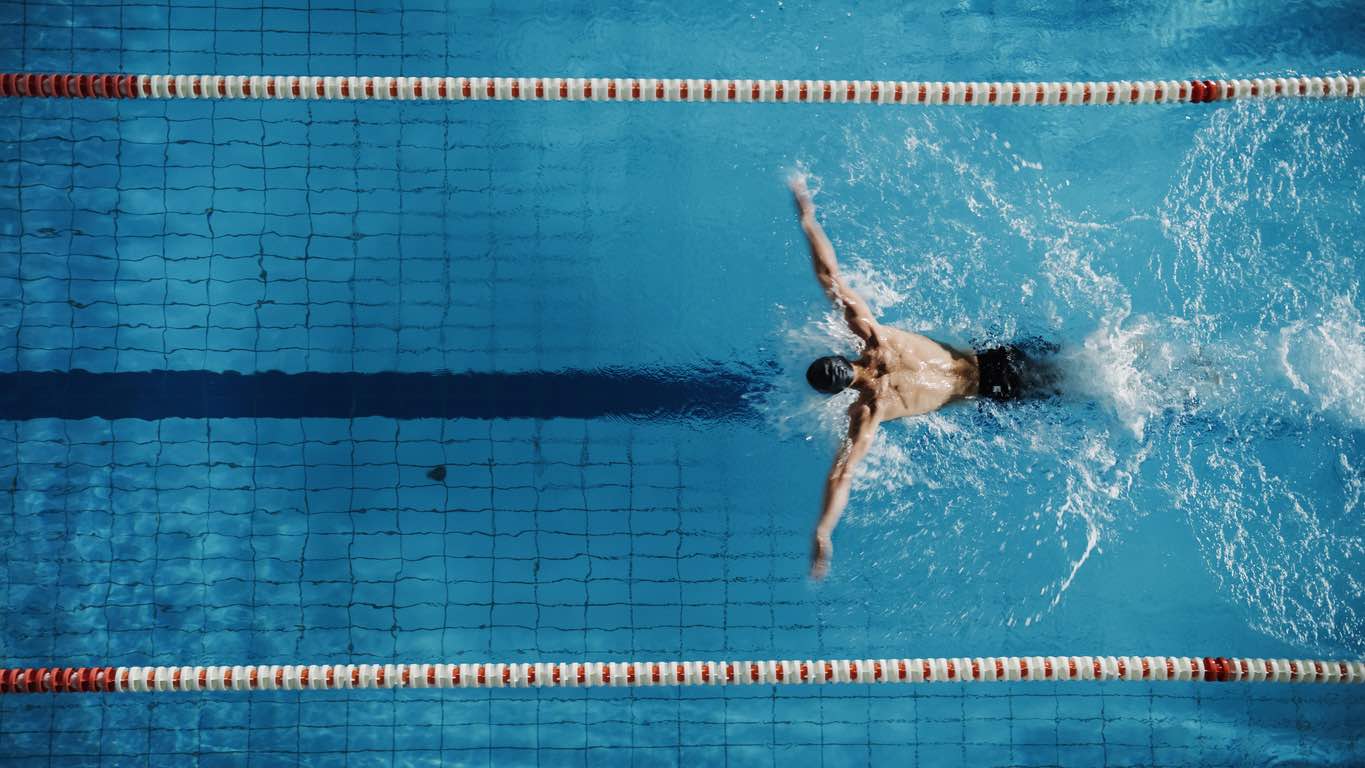
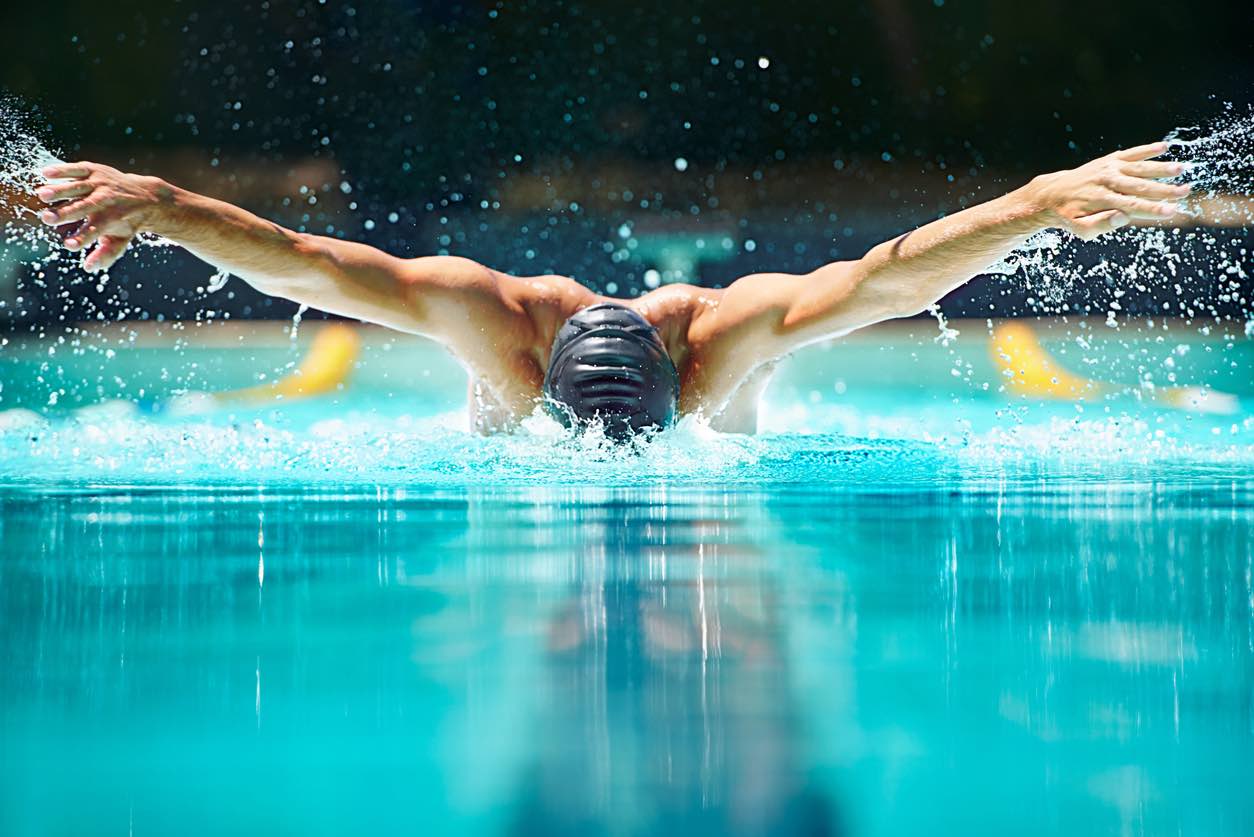



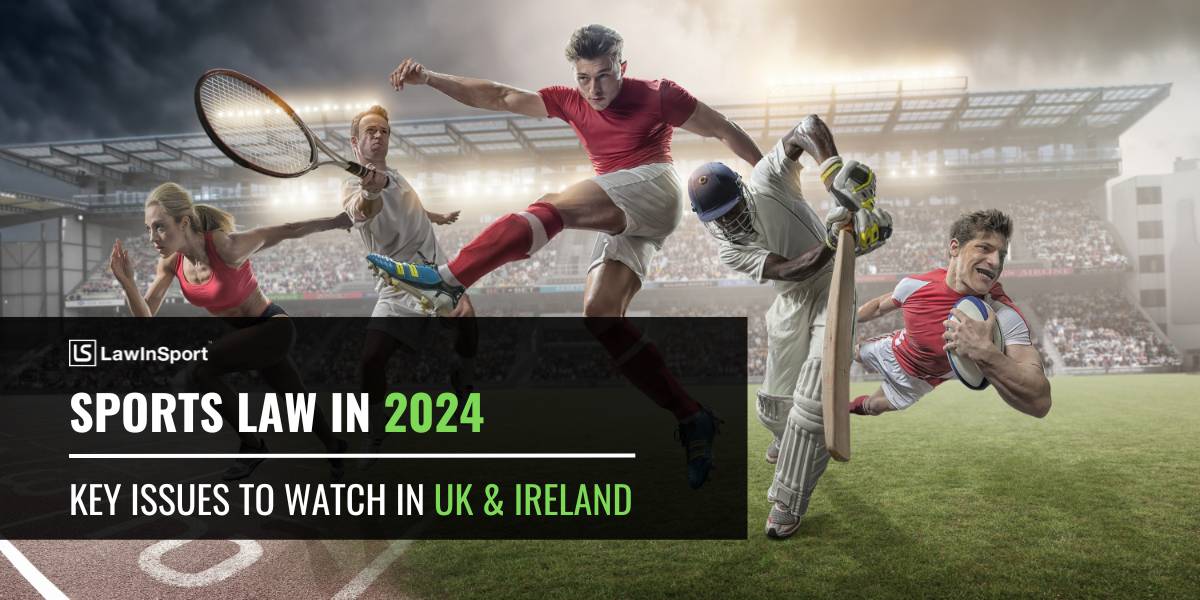

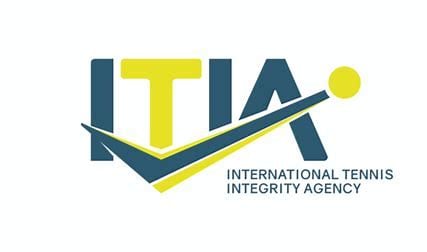
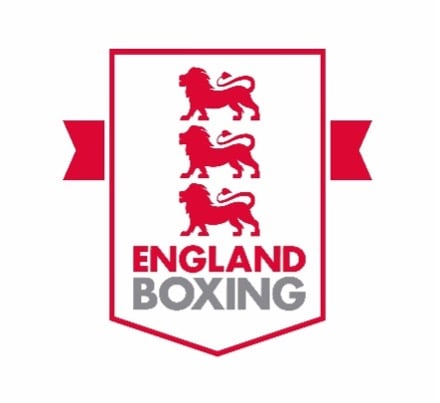

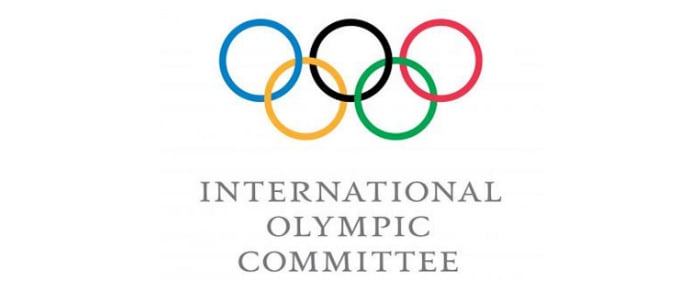
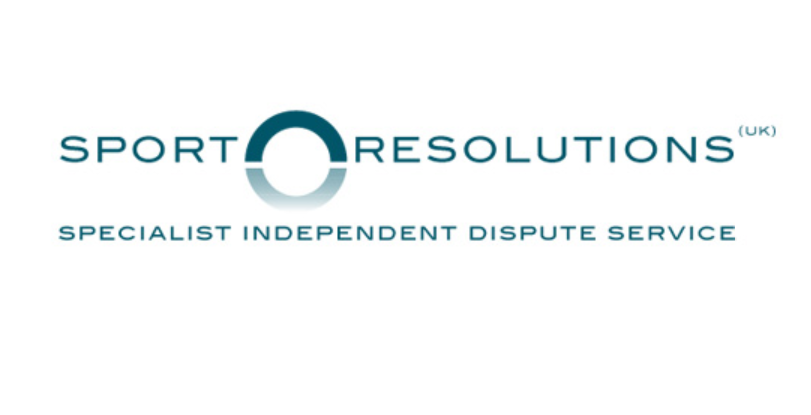
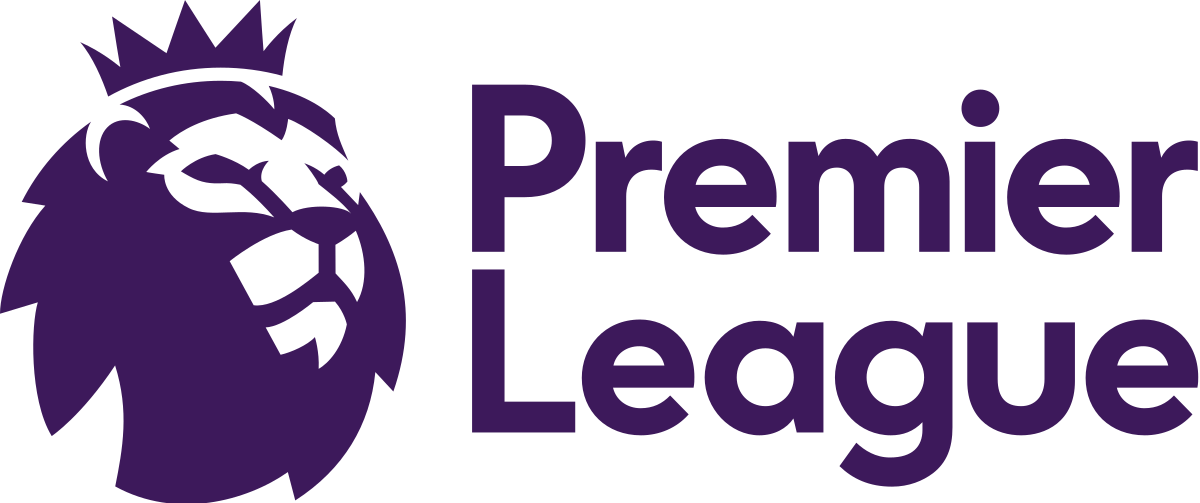
 Global Summit 2024
Global Summit 2024